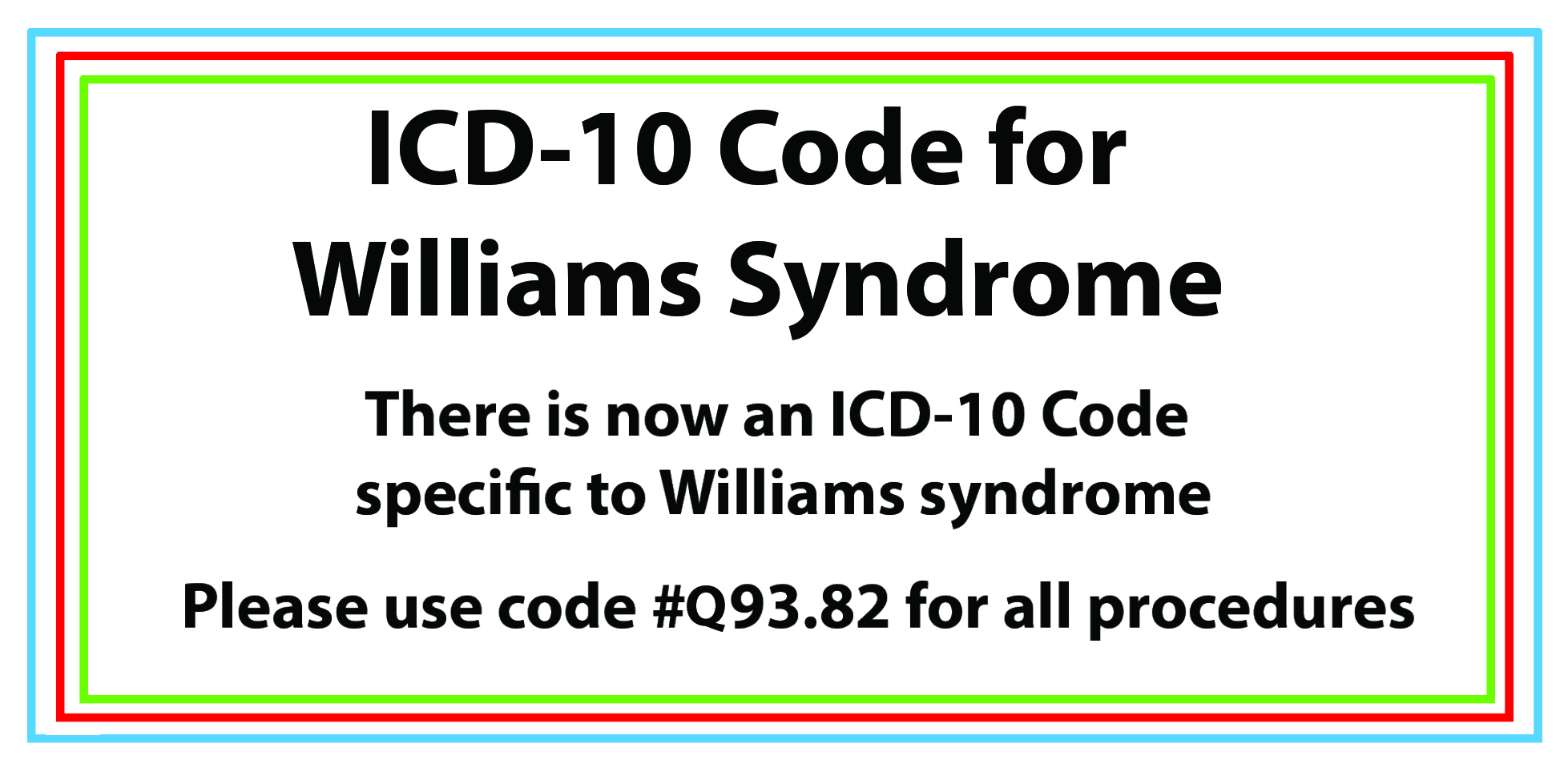Guidelines for Therapists Working for Individuals with WS
Complete booklet of guidelines for evaluation and implementation of therapeutic strategies to help individuals access and develop critical skills.
Complete booklet of guidelines for evaluation and implementation of therapeutic strategies to help individuals access and develop critical skills.
More and more kids with Williams syndrome are accessing and participating in the general education curriculum. We continue to educate the educators on the learning profiles of students with WS, and they are able to implement appropriate accommodations that allow the child to access the curriculum or respond to the curriculum in a different way.
Many times the terms accommodation and modification are used interchangeably. This is wrong - they are two very different things. It is important to understand the difference between an accommodation and a modification.
Anytime you visit either a WS Clinic or your local physicians please tell them about the new ICD-10 diagnostic code for Williams syndrome, and ask them to put it in their records of use on all procedure reports. ICD-10 codes are used primarily by insurance providers but they are also extremely important to the research community. Your physicians use of the ICD-10 code specific to Williams syndrome can truly make a difference for future research on Williams syndrome.

An Individualized Education Program (IEP), as defined by the Individuals with Disabilities Education Act of 2004, is your child's roadmap through the public education system. The IEP is created specifically for YOUR child, and will guide his or her curriculum, education strategies, and supplemental services (occupational, physical, speech, music therapy etc.). If your child qualifies for special education, this document is critical to his or her success.
Psychological testing is usually conducted every 3 years by school systems. Parents have the right to request that the testing be performed by a designated testing specialist (outside of the school system). It is important for parents to ask what test batteries the school specialist intends to use, as not every test is appropriate for students with Williams syndrome.
In general, students with Williams syndrome learn best with consistency, structured instructional routines, clear and realistic expectations, social stories, scripts and visual schedules, and technology. In particular, students with WS are often very effective users of computers and iPads/tablets. They also benefit from “chunking” of material into manageable parts, audio and dynamic visual supports, rhyme, rhythm and cadence, music and/or performing, finding materials that they have an emotional connection with, and specific praise. Above all, it is important to provide the material in a variety of ways. Adapting strategies to pre-teach, teach, and then re-teach, in order to enforce concepts, can be very helpful.